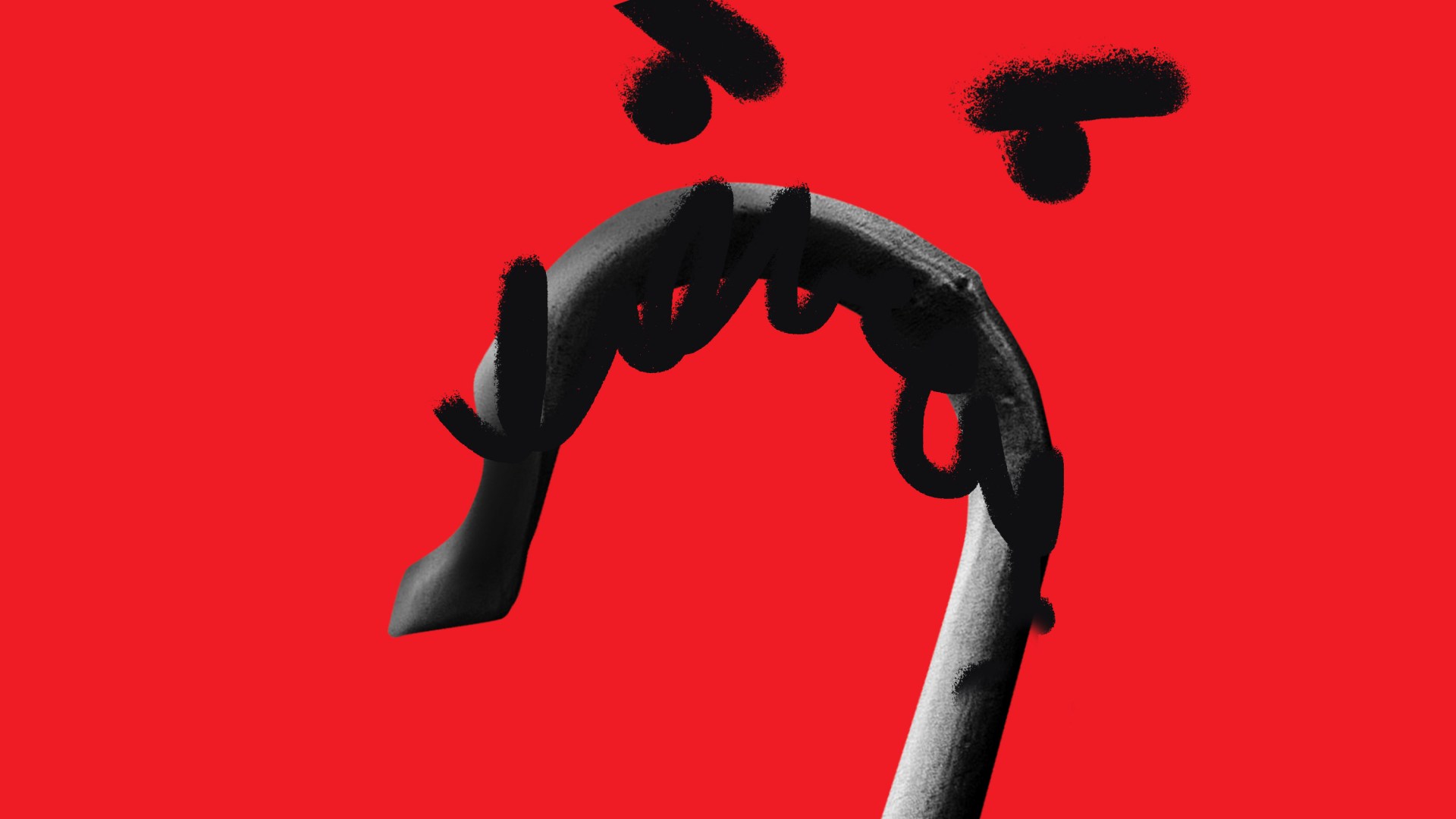A couple weeks ago, actor Rainn Wilson tweeted, “I do think there is an anti-Christian bias in Hollywood. As soon as the David character in The Last of Us started reading from the Bible I knew that he was going to be a horrific villain.” He then added rhetorically, “Could there be a Bible-reading preacher on a show who is actually loving and kind?”
Bad clergy make frequent debuts in today’s television shows and movies. I still remember the evil Archbishop Rushman from Primal Fear in the mid-’90s and Eli Sunday, the odd cult evangelist and radio preacher in There Will Be Blood. Then there’s the recent Netflix horror mini-series Midnight Mass portraying Father Paul and his dark miracles that use Communion elements mixed with real blood.
The same goes for literature. Consider Hazel Motes in Flannery O’Connor’s Wise Blood, a preacher of the Church Without Christ—or the drowning baptism in her later novel The Violent Bear It Away. A hundred years ago, there was Sinclair Lewis’s Elmer Gantry, and a thousand years before that, there was Archbishop Ruggieri, a traitor tormented in the ninth circle of hell in Dante’s Inferno.
Whether on the page or on the screen, Christian characters and symbols—from church leaders and Communion elements to Bibles and baptisms—are often charged with negative connotations in such a way that they make for predictable foreshadowing.
Exceptions to these bad pastors certainly exist, like the admirable and introspective Pastor John Ames in Marilynne Robinson’s Pulitzer Prize–winning novel Gilead. Or Father Paul Lantom from the Marvel series Daredevil—who doesn’t just invite the protagonist to confession or hand out shallow platitudes but shares his testimony, gives biblical advice, and even encourages repentance.
But the fact remains that the ratio of good pastors to bad pastors seems to resemble the ratio of good kings to bad kings in ancient Israel—for every Josiah who finds the book of God’s law, there are a dozen more Jehoiakims who torch it.
And since my calling involves being a “Bible-reading preacher,” to use Rainn Wilson’s words, I confess that I would like to read about and watch more pastors who are portrayed in a positive light. The poor representation of my pastoral vocation makes me sad, but I understand why it is so common.
Bad pastors can make books and movies more interesting—like the proverbial train wreck we can’t stop watching. Not only that, but authors and filmmakers are more likely to write about them because of the terrible stain they can leave on society.
But whether this slant toward bad pastors in media and literature reveals a true anti-Christian bias or not, I believe it points to something else significant. When it comes to the bad representation of clergy onscreen and in literature, reactions of anger give me more hope than responses of indifference.
In fact, our cultural fascination with bad shepherds points to a deeper longing for good shepherds—and ultimately, the Good Shepherd. Our societal outrage over #ChurchToo speaks a better word than if our society simply yawned.
I was first introduced to this idea in one of our first church book clubs over a discussion of Graham Greene’s novel, The End of the Affair. The idea came to me not so much from my own reading of the book but from a review by author and pastor Jared C. Wilson. As the title suggests, the novel involves the end of an adulterous affair.
But why the affair ends and what happens after its end are of particular interest.
The woman, Sarah Miles, breaks off her illicit relationship with Maurice Bendrix after she makes a promise to God in a near-death experience. That promise changes her—or more specifically, God begins to change her heart. Sarah realizes that to love Maurice properly and wholly, her love for him can’t look the way it did before. This rejection, along with other acts of God, makes Maurice mad at God.
I don’t want to give everything away, but this is how Wilson ends his review of the book: “The reader walks away, in fact, with the great hope that hatred may have a peculiar advantage over ambivalence in that it is at least a kind of caring, a passion that is simply waiting for the redirection of the transforming gospel.”
Nearly ten years have gone by since we read The End of the Affair and I first read Wilson’s review, yet I think about these words regularly. Anger can be a preparatory work toward something else.
Consider how the apostle Paul’s vehement persecution of the “Way,” as he calls it in Acts 22:4, uniquely prepared him for his later embrace of Christ. Perhaps this is why Paul respects yet laments the same truth about his kinsmen in Romans—the Jewish religious leaders who “are zealous for God, but their zeal is not based on knowledge” (Rom. 10:2).
Even though the outworking of misguided zeal might lead a person far away from the truth, that distance from God may prove to be smaller than the distance created by ambivalence. In the words of Elie Wiesel, “the opposite of love is not hate, it's indifference.”
You can redirect a thirsty person away from broken cisterns that hold no water (Jer. 2:11–19) and toward the living water, but you’ll have a much harder time offering living water to someone who feels no thirst to begin with.
And so, while it might be disappointing when I encounter yet another bad clergy member in a good book or movie, there is one situation that would make me even sadder. What’s worse than characters of faith who stir up anger toward God or the church are Christian characters who inspire no reaction at all.
Benjamin Vrbicek is the lead pastor at Community Evangelical Free Church in Harrisburg, Pennsylvania; the managing editor for Gospel-Centered Discipleship; and the author of several books.











